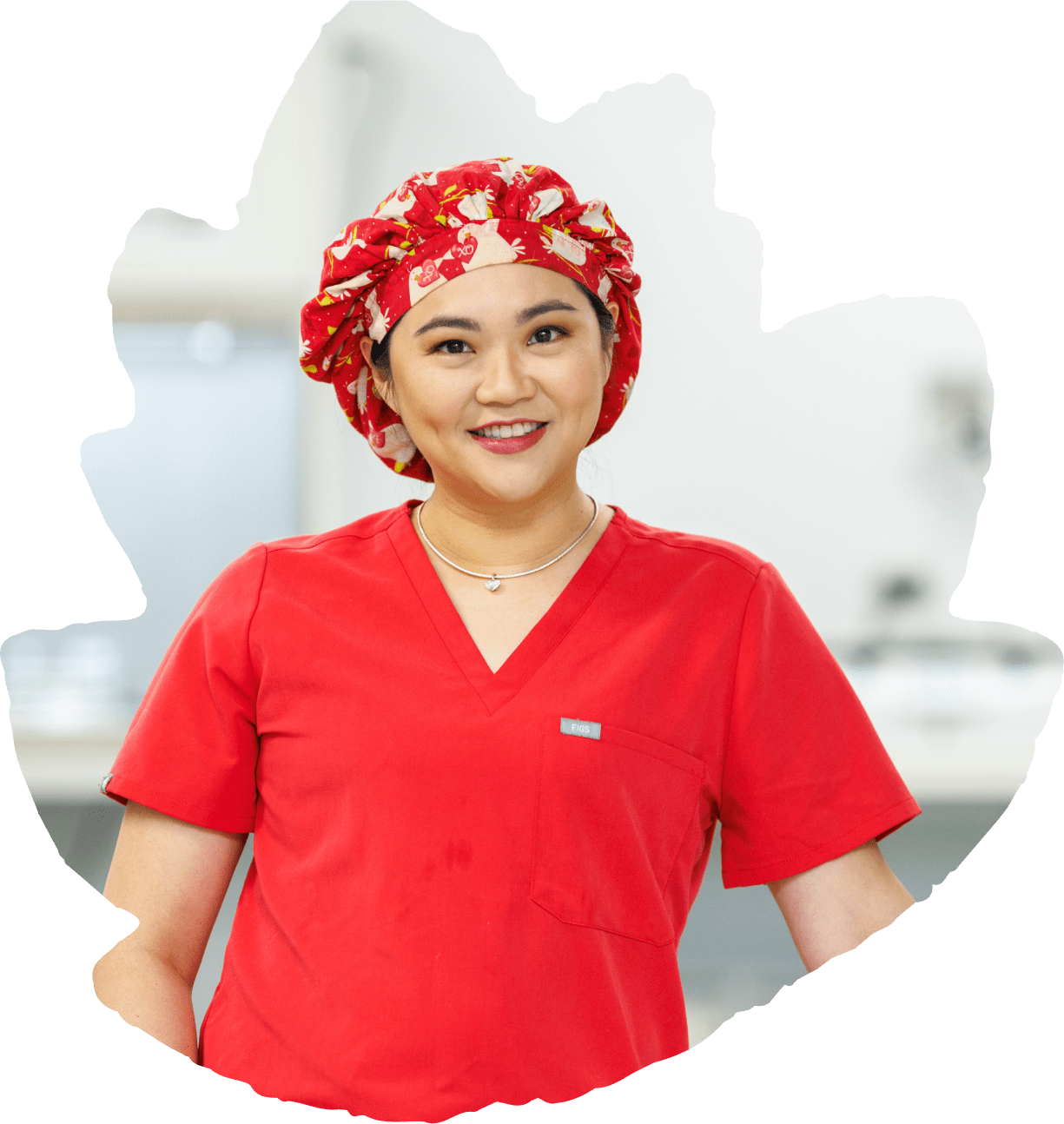About
Fertility Medicine
Early Pregnancy
Gynaecology
Treatment and Procedures
Clinic Info
Contact




Surrogacy is an arrangement where a woman (the gestational carrier) carries and delivers a child for another person or couple. This option is particularly relevant for women unable to carry a pregnancy, same-sex male couples, or when pregnancy poses a significant health risk to the woman.
Options for RGCS range from screening for 3 diseases up to 1,000+ genetic conditions.
Click here to download Dr Huang’s summary on Reproductive Genetic Carrier Screening.
Preimplantation Genetic Testing (PGT) is an additional testing option within an Vitro Fertilisation (IVF) treatment cycle. It is used to identify genetic abnormalities in embryos created through In IVF before pregnancy.
PGT allows couples and individuals to make informed decisions about their embryos, increasing the chances of a healthy pregnancy.
This technology is particularly useful for those with known genetic disorders, a couple identified at reproductive genetic carrier screening as having an increased risk of offspring with a genetic disease , recurrent pregnancy loss, or multiple failed fertility treatments. PGT is divided into three main categories, each serving a specific purpose:
PGT-M is used when there’s a known risk of passing on a specific genetic disorder to the child. This test looks for single-gene disorders, such as cystic fibrosis, sickle cell anaemia, or Huntington’s disease, allowing only embryos without the genetic disorder to be selected for transfer to the uterus.
I offer ART treatment through Genea Mebourne City which is affiliated with Genea. Genea provides a world leading PGT and genetic screening program, offering advanced technological services for all medically indicated genetic testing.

I’ll be there to guide you every step of the way – from our initial consultation to crafting your personalized treatment plan, I’m dedicated to helping you navigate your fertility journey to a health baby.
Our friendly and dedicated team will be able to assist you with regards to appointments and enquires over the phone or in person.


